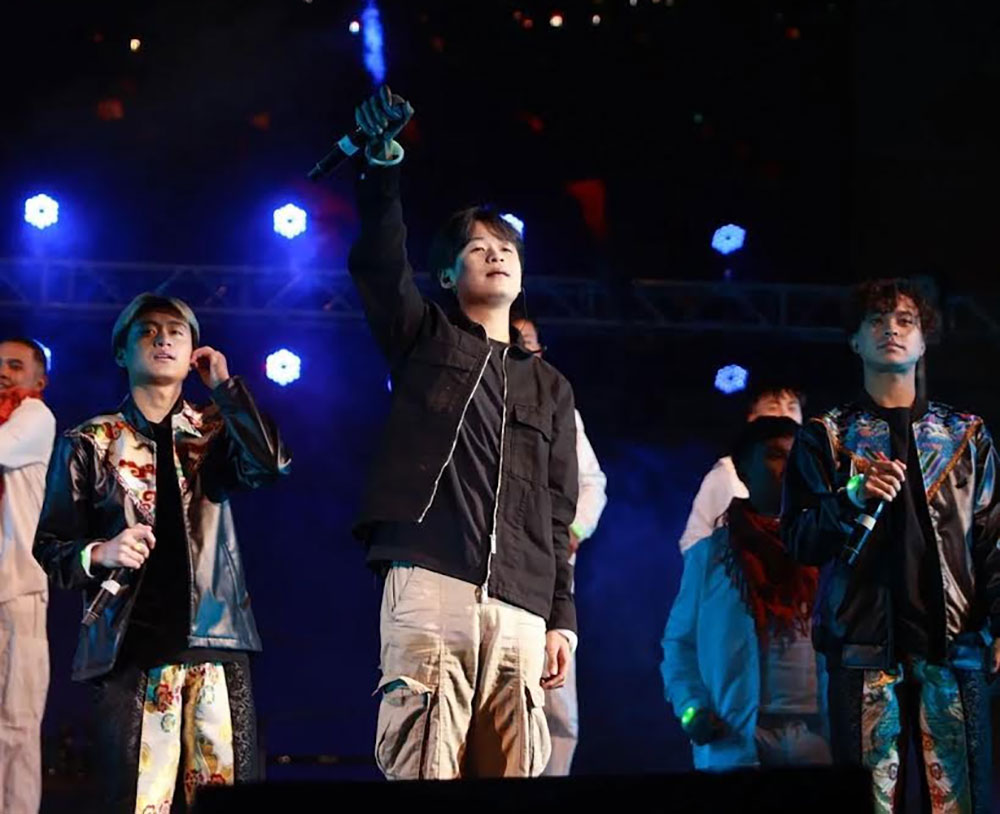From Rigsar toots to global beats, Bhutanese youth are redefining cultural identity
Jigmi Wangdi
In the early 2000s and 2010s, it was rare to find young Bhutanese enthusiasts grooving to traditional tunes like Boedra, Zhungdra, or Rigsar.
These genres were largely associated with older generations or school concert rehearsals. However, groundbreaking research from the Journal of Bhutan Studies sheds light on the historical roots of Rigsar and its evolution into a cultural phenomenon.
The study, “Attributes and Values of Folk and Popular Song” by Sonam Kinga, reveals that Rigsar’s origins date back to the late 1960s, with iconic tracks like “Zhendi Mingo” marking its modern inception.
Interestingly, the melody of this seminal song was inspired by “Sayonara,” a tune from the Hindi film “Love in Tokyo.”
Combining traditional melodies with contemporary musical styles, Rigsar laid the foundation for Bhutanese Pop (B-Pop), a genre that has revolutionized the local music scene.
Just over a decade ago, Bhutanese youth predominantly favored English or Bollywood tracks, considering Dzongkha songs less trendy. However, the rise of B-Pop has shattered these perceptions.
Choeying Jatsho, the visionary behind M-Studio and a driving force behind B-Pop, envisioned blending pop elements with Dzongkha lyrics. What started as a niche idea among friends has now blossomed into a full-fledged genre.
Choeying believes that B-Pop holds the potential to rival global phenomena like Korean Pop (K-pop), offering a fresh take on traditional Bhutanese music.
Central to B-Pop’s success is its accessibility. By infusing colloquial Dzongkha into catchy tunes, B-Pop made songwriting and singing more relatable to the masses. This shift has not only revitalised interest in the Dzongkha language but also empowered individuals to express themselves through music.
The impact of B-Pop extends beyond cultural preservation. It serves as a creative outlet for Bhutanese youth, redirecting their energies towards constructive pursuits. Instead of succumbing to negative influences, many find inspiration and purpose in creating and consuming homegrown music.
Renowned artists like Sonam Wangchen and Dedrik Penjore attest to the transformative power of music in shaping Bhutanese society. With modern facilities and technology, coupled with increased internet access, the music industry is witnessing a renaissance. This evolution not only fosters innovation but also provides platforms for budding talents to thrive.
Despite facing challenges such as copyright violations and the need for a more cohesive ecosystem, artists remain optimistic about Bhutanese music’s future. Their collective vision of reaching international audiences underscores the industry’s resilience and determination to overcome barriers.
As Bhutanese music continues to evolve, unity among artists will be crucial in navigating obstacles and achieving sustainable growth. Together, they aspire to elevate Bhutanese music onto the global stage, ensuring that their unique cultural heritage resonates with audiences worldwide.


